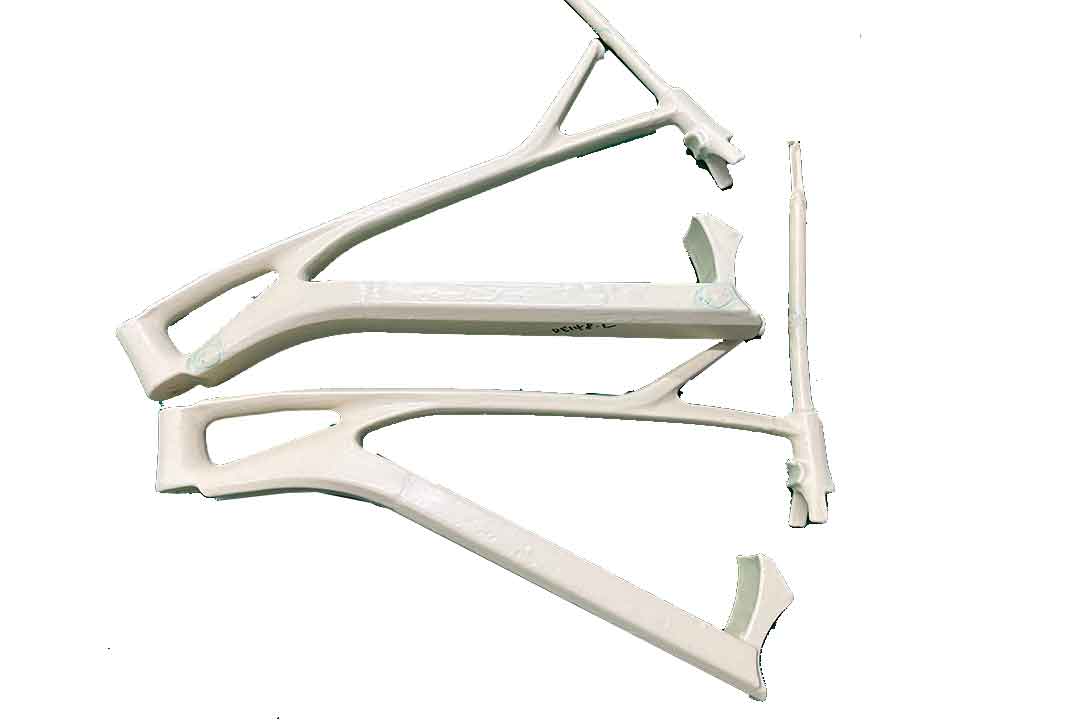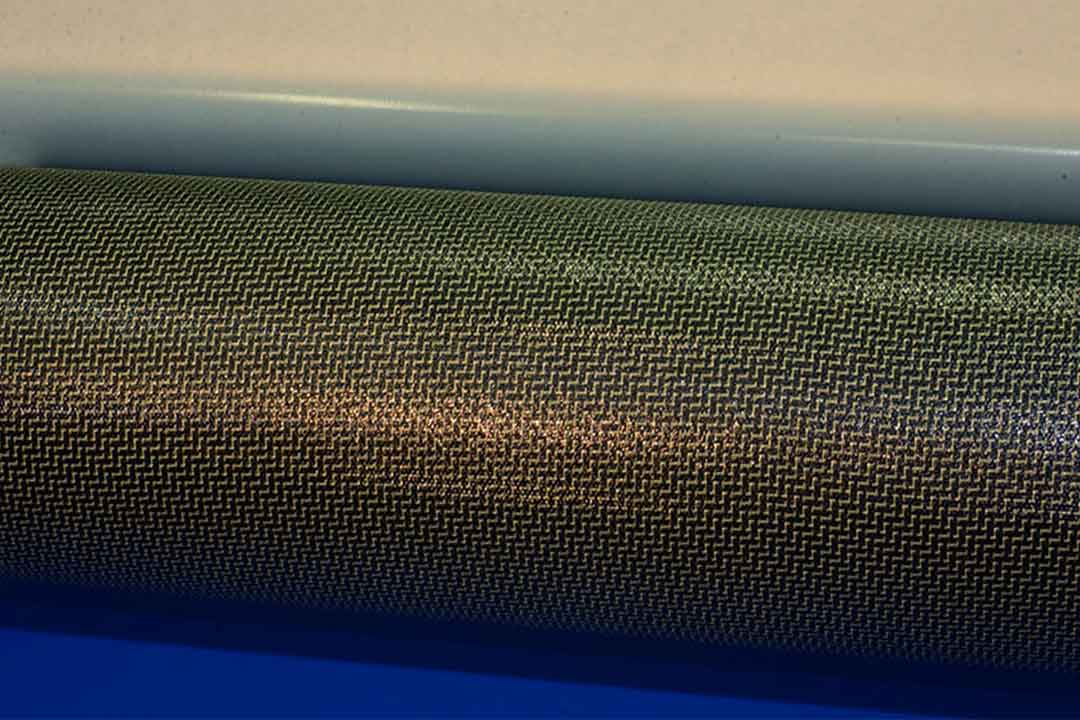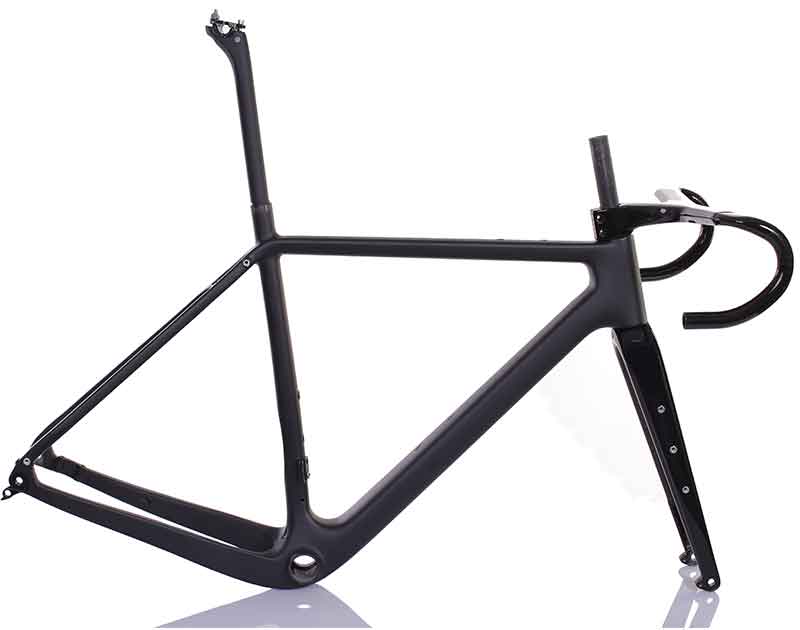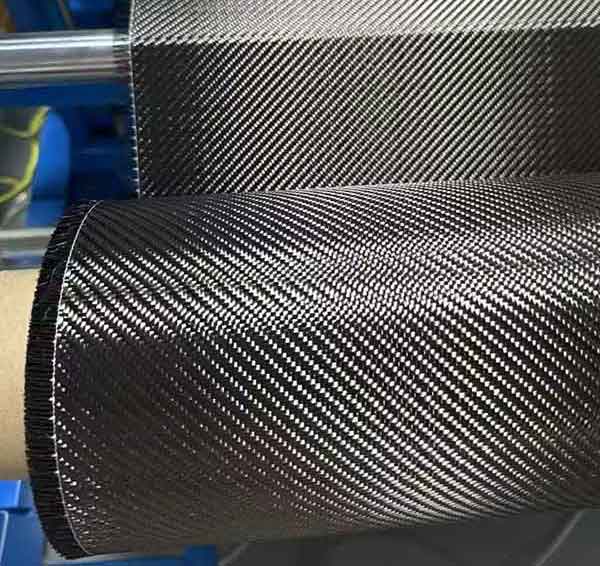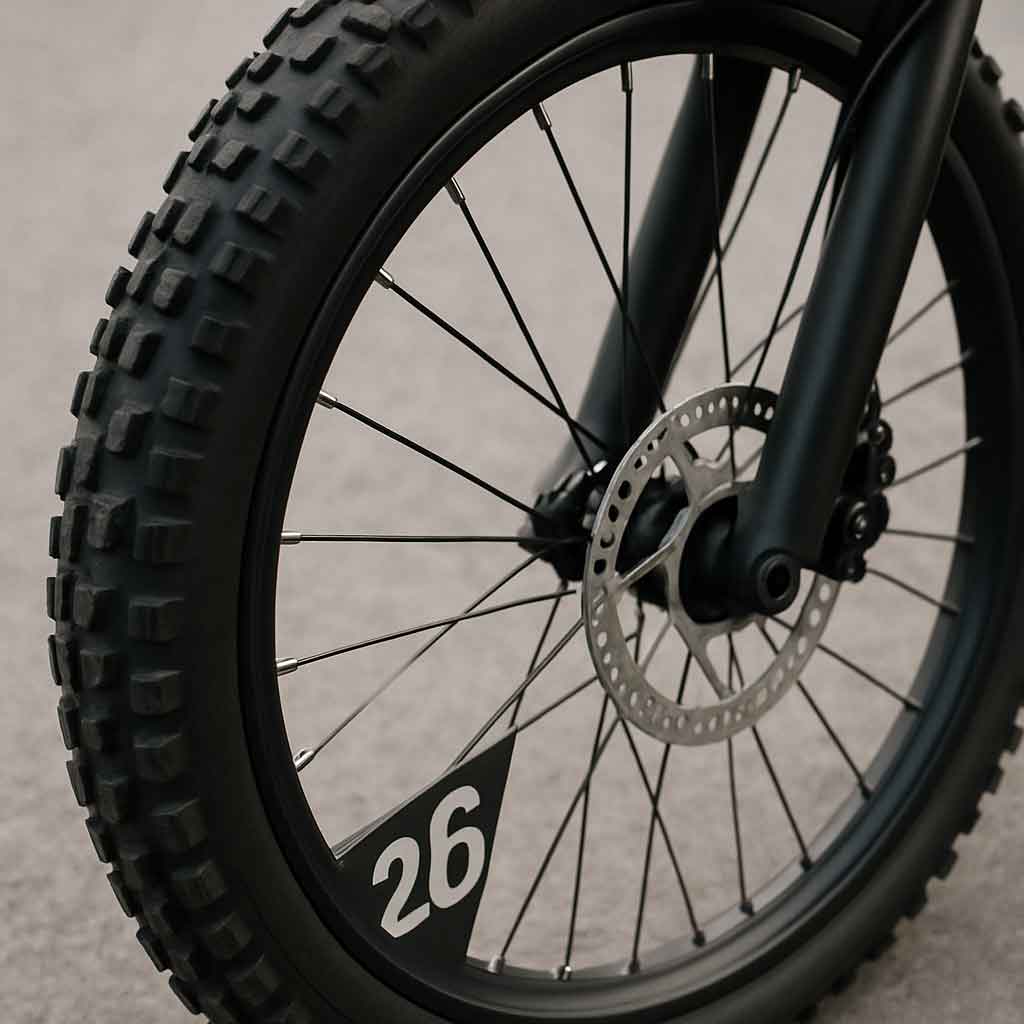Welcome to Mondince Bike - A well-known factory specialized in produce carbon bike frame and other parts since 2007.
Comparing Carbon and Aluminum Bike Performance

Bike frames significantly influence the ride quality, weight, and cost of your bicycle. Carbon fiber and aluminum are the most popular materials used in road bikes, each offering unique characteristics. The material you choose can affect your cycling efficiency, comfort, and overall satisfaction. Let's explore what each material brings to the table, so you can make an informed decision tailored to your cycling goals and preferences.
Carbon Fiber: The Lightweight Contender
Carbon fiber is often the go-to choice for those seeking high performance. Its popularity stems from its lightweight nature and strength-to-weight ratio. Here's what makes carbon fiber stand out:
- Lightweight: Carbon fiber frames are incredibly light, making them ideal for racing and climbing. This reduction in weight can lead to improved speed and efficiency. Cyclists often find that they expend less energy on uphill climbs, allowing for longer rides with less fatigue.
- Aerodynamic: Carbon can be molded into aerodynamic shapes that reduce drag, giving cyclists an edge in speed. The streamlined design of carbon frames often results in faster times in races and time trials, where every second counts.
- Vibration Dampening: Carbon fiber's ability to absorb road vibrations enhances comfort, making long rides more enjoyable. This feature is particularly beneficial on rough roads, where constant vibrations can lead to discomfort and fatigue over time.
- Customization: Manufacturers can adjust the stiffness and compliance of carbon frames to cater to specific rider preferences, offering a tailored ride experience. This versatility allows for a range of designs that can accommodate different cycling disciplines, from aggressive racing to comfortable touring.
However, carbon fiber frames can be costly, and they might not be the most durable option if you frequently ride on rough terrain or are prone to accidents. The high repair costs associated with carbon frames can also be a consideration for budget-conscious cyclists.
Aluminum: The Sturdy and Affordable Choice
Aluminum frames have been a staple in the cycling world for years, known for their durability and affordability. Here's why aluminum might be the right choice for you:
- Affordability: Aluminum bikes are generally more budget-friendly compared to carbon, making them accessible to a wider range of cyclists. This affordability allows new riders to enter the sport without a significant financial investment.
- Durability: Aluminum is a robust material that withstands harsh conditions, making it ideal for commuters and those who frequently ride on rough roads. Its resilience ensures that the frame can handle occasional bumps and scrapes without compromising performance.
- Stiffness: These frames are often stiffer, which can translate to better power transfer, especially during sprints. The rigidity of aluminum frames allows riders to efficiently convert their pedal power into forward motion, which is advantageous in competitive scenarios.
- Low Maintenance: Aluminum doesn't rust, and its resilience means it requires less maintenance over time. This characteristic is especially appealing to cyclists who prefer a low-maintenance bike that can handle various weather conditions.
The main downside of aluminum is its weight compared to carbon. Additionally, aluminum frames tend to transmit more road vibrations, which can result in a less comfortable ride over long distances. However, advancements in technology have led to the development of aluminum frames that offer improved comfort and reduced vibration.
Carbon vs Aluminum Bike Frame: Performance Comparison

When it comes to performance, the choice between a carbon or aluminum bike frame can depend on your specific cycling goals and preferences. Each material offers distinct advantages and potential drawbacks, influencing factors such as speed, comfort, and longevity.
Weight and Speed
If speed is your primary goal, a carbon bike might be the way to go. The lightweight nature of carbon frames means less effort is required to pedal, which can result in faster speeds, especially on climbs. Cyclists who focus on competitive racing often prefer carbon for its ability to enhance acceleration and maintain higher speeds.
In contrast, aluminum bikes are heavier, which might be a disadvantage in races. However, the stiffness of aluminum can provide efficient power transfer, which can be beneficial in sprints. This makes aluminum a viable option for riders who prioritize strength and power over pure speed.
Comfort and Ride Quality
For those prioritizing comfort, carbon frames are generally superior due to their vibration-dampening properties. Long rides on varied terrain can be more enjoyable as carbon absorbs road vibrations, reducing fatigue. This feature is particularly valuable for endurance cyclists and those who frequently tackle challenging routes.
While aluminum frames are less forgiving when it comes to road vibrations, modern designs have improved considerably, offering a smoother ride than older models. Manufacturers have developed techniques to mitigate the harshness traditionally associated with aluminum, making it a more comfortable choice for many riders.
Durability and Longevity
Aluminum is often seen as the more durable option, ideal for riders who expect to encounter tough conditions or those who might occasionally crash. Its robust construction ensures that it can withstand impacts without significant damage.
Carbon frames, while strong, can be more susceptible to cracks and damage from impacts. This makes them less suitable for riders who frequently venture off-road or participate in activities that pose a higher risk of falls. However, proper care and maintenance can significantly extend the lifespan of a carbon frame.
Cost Considerations
If budget constraints are a factor, aluminum frames offer excellent value for money. They deliver solid performance without breaking the bank, making them an attractive option for both new and experienced cyclists.
Carbon bikes, while offering superior performance in some areas, come at a premium price. The investment in a carbon frame might be justified for those who prioritize performance and are willing to pay for the benefits it offers in terms of weight and comfort.
Choosing Between Carbon and Aluminum: Key Considerations

by Vladislav Babienko (https://unsplash.com/@garri)
When deciding between a carbon vs aluminum road bike, consider the following factors:
- Purpose: Are you racing, commuting, or cycling recreationally? Your main use will guide your choice. For competitive racing, carbon's lightweight and aerodynamic properties may be beneficial, while aluminum's durability might be preferable for commuting or recreational use.
- Budget: Determine how much you're willing to spend. Aluminum bikes are generally more affordable. Consider whether the performance benefits of carbon justify the additional cost based on your cycling goals.
- Terrain: Consider the type of terrain you'll be riding on. Rough terrain might favor aluminum for its durability, while smoother roads might benefit from carbon's comfort. Assessing your typical riding conditions can help you choose the material that will best meet your needs.
- Frequency: If you ride frequently and for long distances, the comfort of a carbon frame could be worth the investment. Frequent riders may appreciate the reduced fatigue and enhanced ride quality that carbon offers.
- Weight Sensitivity: If you're sensitive to bike weight and performance, carbon might be your preferred choice. Riders focused on competitive cycling or those who prioritize speed may find carbon to be the optimal material for their needs.
Final Verdict: Carbon vs Aluminum Road Bike
Both carbon and aluminum have their merits, and the best choice depends on your individual needs and circumstances. Carbon frames offer lightweight, aerodynamic advantages ideal for competitive cycling, enhancing speed and efficiency for those who prioritize performance above all else.
Meanwhile, aluminum frames provide a durable, budget-friendly option suited for various conditions, appealing to cyclists who value strength, resilience, and affordability. Ultimately, whether you choose a carbon or aluminum bike, the right decision is the one that aligns with your cycling goals, budget, and riding style. By carefully considering your priorities and how each material's attributes align with them, you'll be better equipped to choose the right frame for your cycling adventures. Happy cycling!



